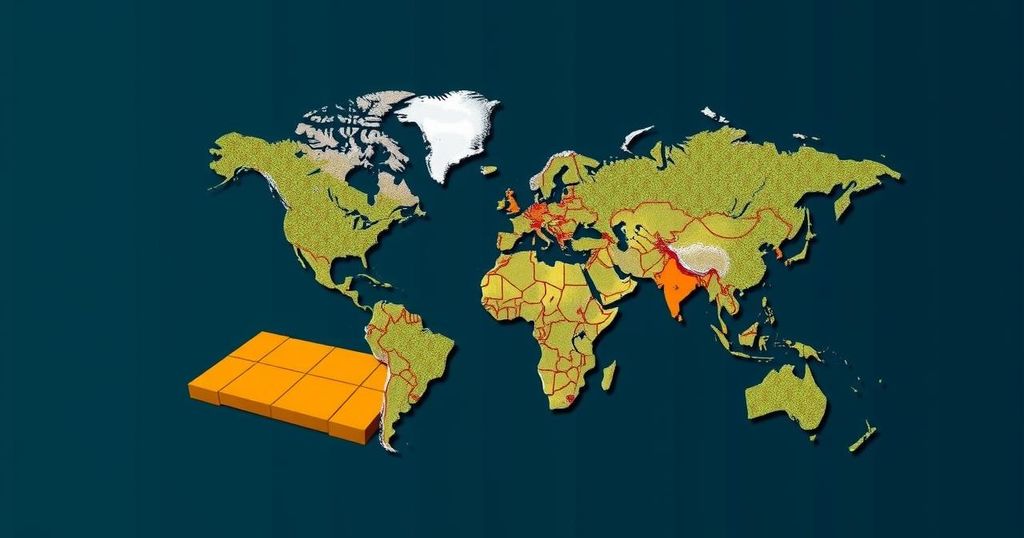At COP29, a $300 billion financial commitment for climate action was criticized as insufficient against the $1.3 trillion requested by poorer countries. Leaders expressed mixed reactions, with U.S. President Biden considering it a positive step, while others lamented its inadequacy amid escalating climate challenges.
At the COP29 summit in Azerbaijan, a financial agreement aimed at supporting developing nations in combating climate change has faced substantial criticism for its inadequacy. Wealthier nations have collectively pledged to increase their contributions to $300 billion per year by 2035; however, this amount falls significantly short of the $1.3 trillion requested by poorer countries to effectively address climate challenges. The African Group of Negotiators has termed the pledge as insufficient, arguing it is “too little, too late,” while an Indian representative described it as “a paltry sum.” Despite these critiques, some leaders assert that the agreement represents progress in climate action.
U.S. President Joe Biden emphasized the importance of this commitment, stating, “While there is still substantial work ahead of us to achieve our climate goals, today’s outcome puts us one significant step closer.” EU Climate Commissioner Wopke Hoekstra characterized COP29 as a pivotal moment in climate finance, referring to the deal as “an ambitious and realistic goal and an increased contributor base.” UN Secretary General Antonio Guterres expressed disappointment, saying, “I had hoped for a more ambitious outcome – on both finance and mitigation – to meet the scale of the great challenge we face, but the agreement reached provides a base on which to build.
The COP29 conference focused on climate finance, emphasizing the critical need for financial support for developing nations confronting climate impacts. Previous international climate talks have highlighted the disparity between developed and developing countries regarding financial aid commitments. Many developing nations have argued that the existing pledges are insufficient to combat the severe implications of climate change that disproportionately affect them. The demand for $1.3 trillion reflects the urgent need for adequate funding to implement necessary adaptations and mitigation strategies.
In summary, the $300 billion commitment from wealthier nations at the COP29 conference has been met with considerable skepticism, as it does not align with the financial requirements outlined by poorer countries to adequately tackle climate issues. While some prominent leaders view the deal as a positive step, the responses from representatives of affected nations indicate a widespread belief that the financial support falls short of the scale necessary for meaningful climate action.
Original Source: en.armradio.am







